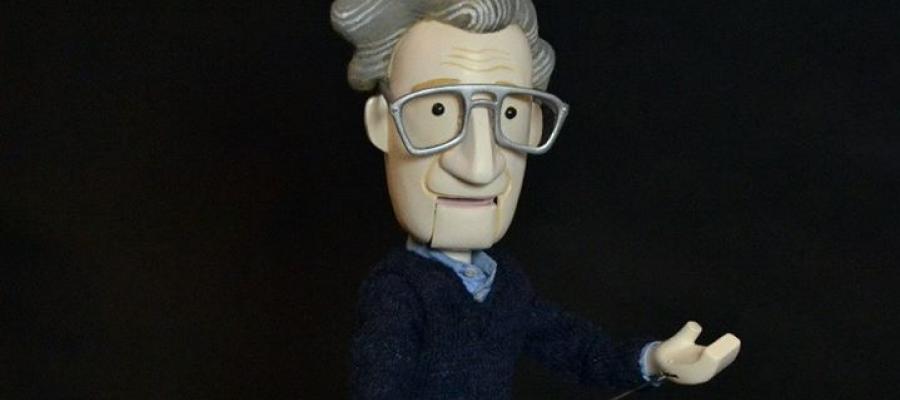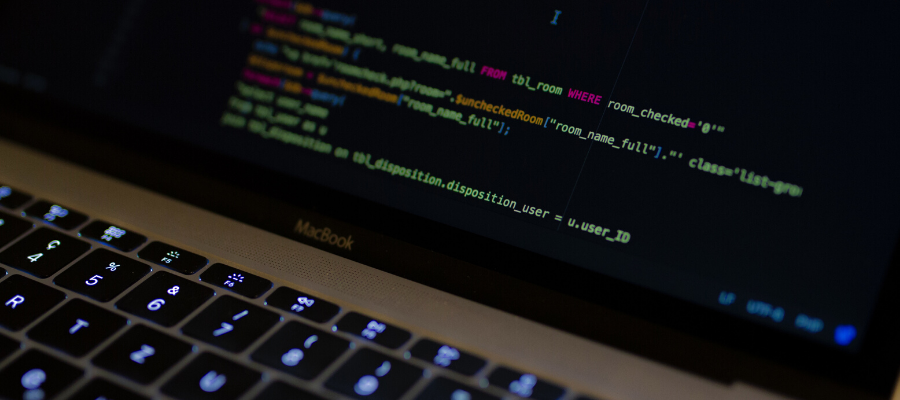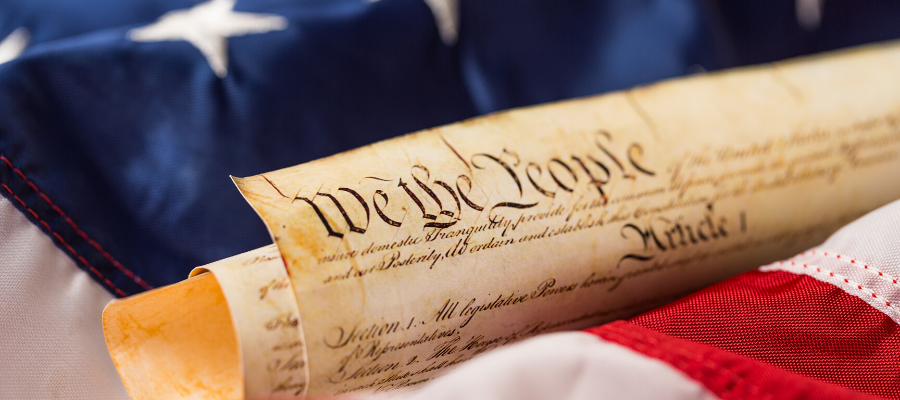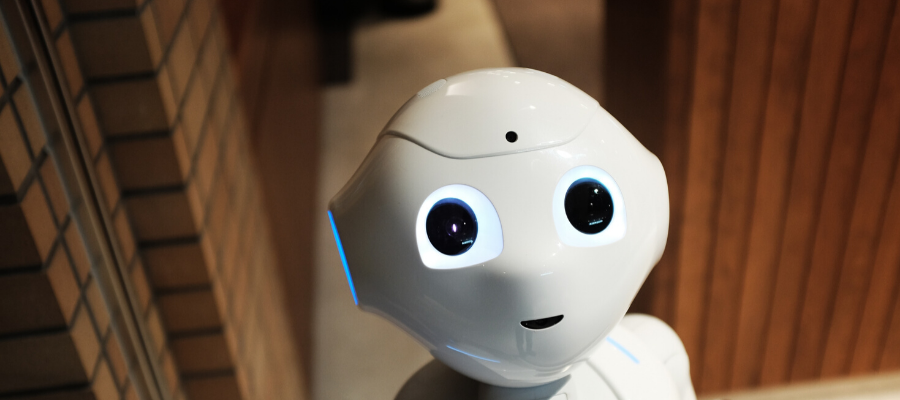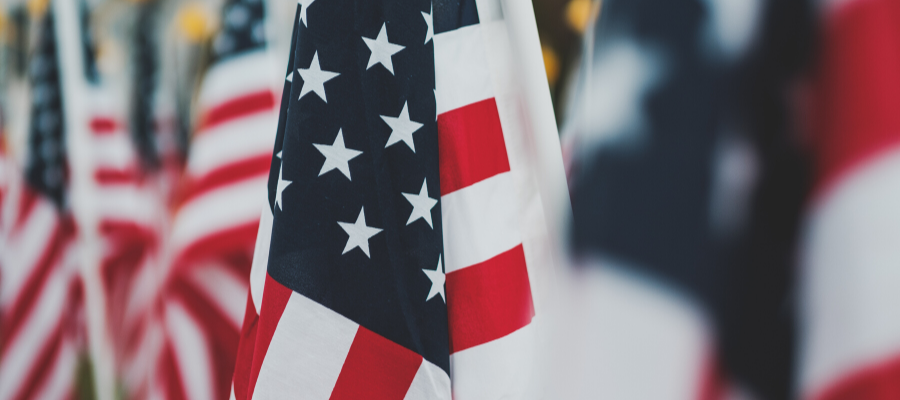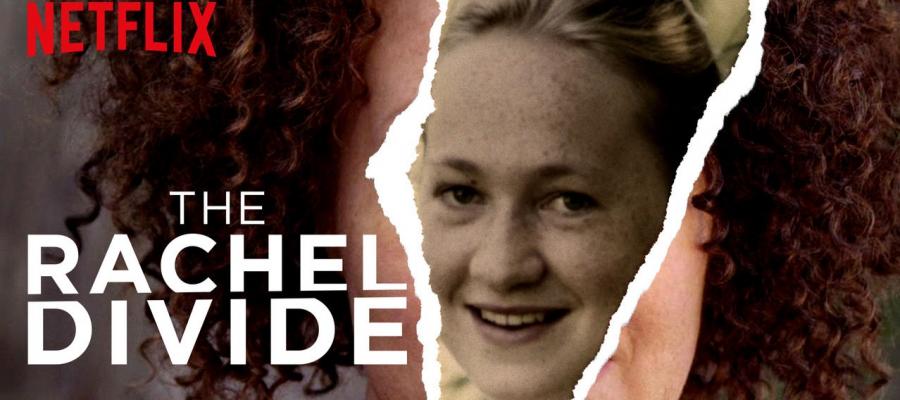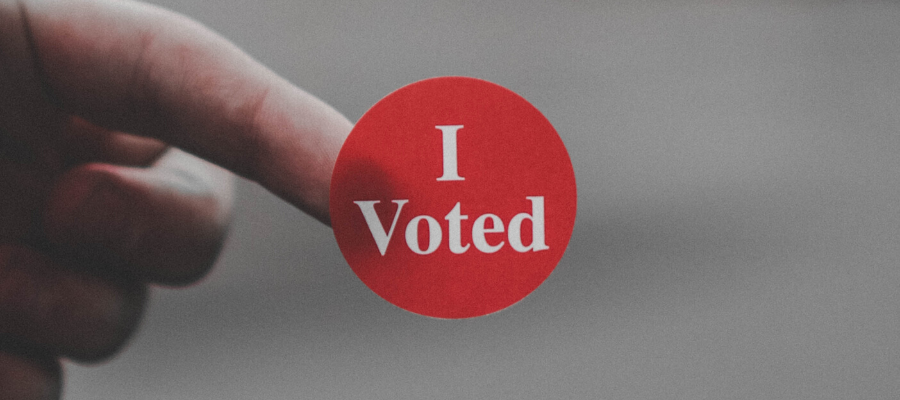Are We Slaves to Technology?
07
Jun 2018
In 2017, more than 67 percent of Americans owned a smartphone, and researchers expect that percentage only to increase over time. But how might this phenomenon, of always having our phones and access to social media at the tips of our fingers, impact the experience of being human?
Read morePuppet Philosophers
25
Jun 2018
The puppets of Sesame Street and The Muppet Show should step aside — a new puppet show is in town. Featuring Noam Chomsky, Elon Musk, Karl Marx, and Ayn Rand as rod puppets, Manufacturing Mischief premiered in April at MIT.
Read moreDistortion in Philosophy
14
Jun 2018
There are more women and people of color in academic philosophy now, but when most of the authors we read are white and male, some aspects of the subject matter get distorted, and it’s hard to tell where the essential stuff ends and the accidental stuff begins.
Read morePhilosophers and the Meaning of Life
13
Jun 2018
Many philosophers think asking about the meaning of life is confused or misguided. Or they try to explain what individuals can do to make their lives meaningful. But that does not offer the same existential solace as explaining what makes life itself valuable.
Read moreRepugnant Markets
02
Jun 2018
There are many things that just shouldn’t be for sale at any price—human beings chief among them. You can’t legitimately sell what you don’t own in the first place. But there are many things that we do own the buying and selling of which are considered in some way abhorrent or repugnant and are therefore banned.
Read moreAn Antidote to Bullshit
04
Jun 2018
One of the problems with the Intellectual Dark Web, in common with other online, non-academic outlets for discussing big ideas, is that it doesn’t have have any effective mechanisms for intellectual quality control. With this in mind, I’ve assembled a twelve-point checklist for evaluating what you might come across on the IDW and beyond.
Read moreHow a Glitch Caused a Crisis
05
Jun 2018
We are in a constitutional crisis. It is not a looming crisis. It has already arrived, with the president’s declaration that he has the absolute right to pardon himself and his potential partners in crime, and the absolute right to stop any investigation for whatever reason he chooses.
Read moreShould Robots Be Caregivers?
08
Jun 2018
Is it ethical for robots to be caregivers? That's the question asked by the winner of Ireland's "Young Philosopher of the Year" award. The inspiration for his project came when his ailing grandfather fell in the middle of the night and was unable to reach the help button in his assisted living facility. He was found dead a day later.
Read moreThe Ethics of Care
11
Jun 2018
Caring and being cared for are really important for human flourishing. But caring has its risks too. Caring about one person too much can cause you to care about others too little. Or you can care about the wrong things altogether. Figuring out who and what to care about and to what degree can be a tricky thing.
Read moreWhy America is not a Nation
19
Jun 2018
America is not a nation. It is only a place. Or so I will argue in this blog entry. And this fact, I claim, has great significance for understanding the potential demise of the republic we once dreamt of.
Read more#FrancisOnFilm: The Rachel Divide
26
Jun 2018
The Rachel Divide, a documentary about Rachel Dolezal and the controversy over her claims to racial identity, came out in April on Netflix. The movie would have benefited, however, from some philosophical consideration of what race is—or is not—and what claims to racial identity assert.
Read moreOne Person, One Vote?
29
Jun 2018
The slogan “one person, one vote” have been used in a variety of settings to express a democratic ideal: elections should provide every citizen with an equal say in governance. But in America, the reality still falls short of the ideal.
Read more
